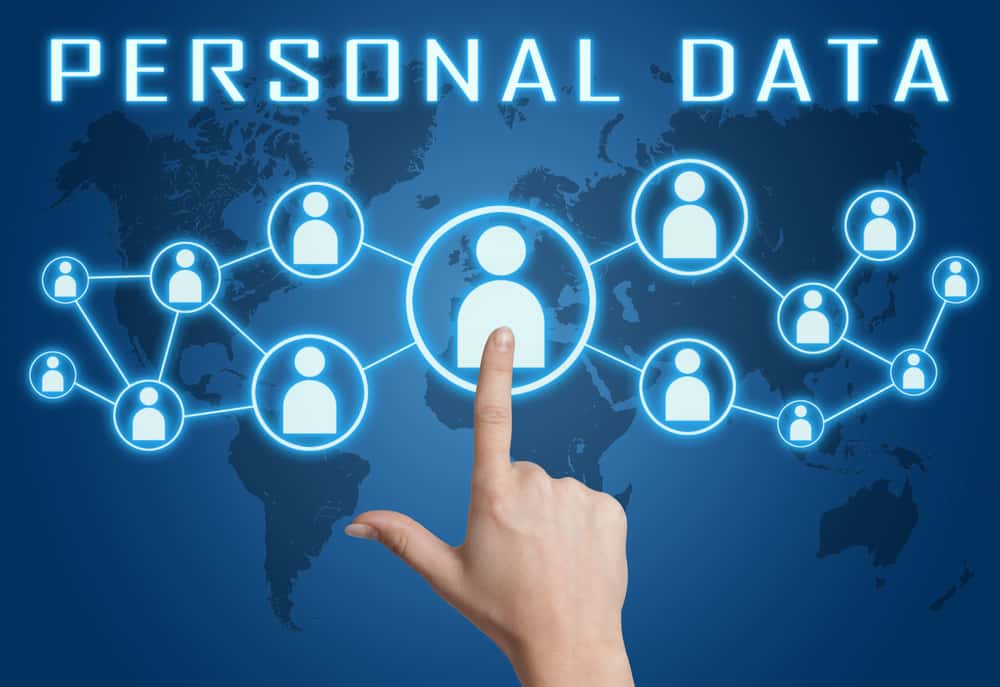Advertising is the primary source of revenue for the two major publicly traded companies, Google and Facebook. Both these use advertising to continue growing and to show a profit for their investors. However, these companies monetize the information collected from their users by targeting their ads according to their likes.
Data Collection Processes
The data collection approach of the two platforms is different. With Facebook, you supply them with most of it. As part of the user agreement, you consent to them following the activities you engage in (likes, friends, videos you watch, etc.). Your personal information is also available to other apps and services on Facebook.
With Google, data collection is a bit different because it cannot see your friends or likes. However, when you remain logged into your Gmail or Google Maps accounts, the platform uses analytic techniques to learn more about you and your whereabouts, using it to categorize you. This information is invaluable to advertisers wanting to target you.
Targeting You with Relevant Ads
Facebook and Google have one primary motive – targeting you and their other users with relevant advertising. But, despite what many users believe, a privacy expert from the University of Ottawa, Michael Geist, told Toronto.com that these tech giants do not sell the information to third parties to target users.
“Facebook is interested in using that information to their advantage to generate more accurate ads for their users,” he said.
Know What They Want
Facebook and Google are working toward changing their practices to respect your privacy more. Here are three things you should know:
1. You can’t keep many secrets
Everything you search and do online, Google knows. Think about things like your calendar, travel plans, your contacts, who you take photos of, the ads you click on, and what you buy. That is more personal information than people very close to you often have.
With Facebook, you put everything on your profile, post photos, tag locations with everyone in your company, etc. This is how they track you.
Both platforms track everything within their ecosystem, which often continues once you leave the platform. For example, Facebook tracks the advertiser sites you visit even after you go off their platform, making it easier for them to serve you with ads.
2. Making it hard for you to control
Despite updates aimed at making it easier for you to control your privacy by both companies, there are so many that you, like most people, probably ignore them. With Facebook, for instance, you are probably letting it get all your information by using the default permission setting.
Just a few years back, third-party developers had access to the personal information of more than 500 million Facebook users. This information was posted without security or encryption on Amazon’s Cloud Computing Service.
Google’s announcement that users can automatically delete their browsing history from 3-18 months is not very effective because many users don’t know about the option. They also don’t know how to change the settings.
Instead of using the more straightforward “opt-in” provision for users, Facebook and Google make this more challenging to control.
3. Your privacy is big business
Facebook and Google need access to your data to generate profits for their shareholders. So your privacy is business for the two biggest advertising platforms today.
Facebook does let you delete off-site activity, preventing it from being used for targeted ads, but advertisers can target you based on previous locations.
What You Can Do
Besides shutting down your Facebook and Google accounts, there is a less drastic measure you can take. Facebook has a comprehensive help article, and Google also offers to walk you through the instructions for their products.
When using Google Chrome, you can prevent it from tracking your search history by clearing your browser content when you close the window. This is done by either signing out of your Google account or using Incognito mode as you browse.
Looking into the future…
These tech giants could, in the future, consider a form of payment for their users instead of using their data for monetary purposes. However, as a consumer, you need to know that these are not the only two companies collecting your data. Information about you is held by your government and other companies too.



